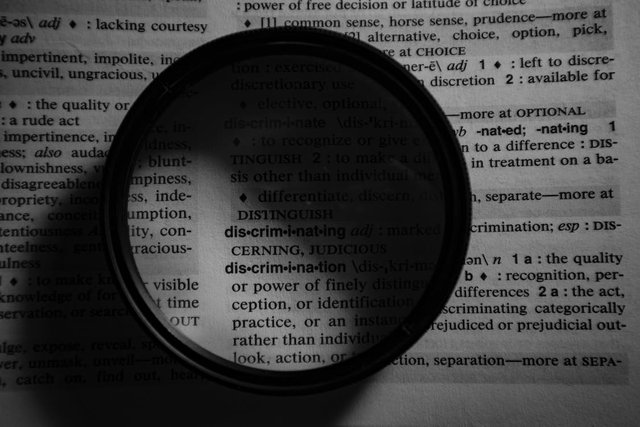Introduction to media psychology
Media psychology is an interdisciplinary field examining the impact of media on human psychology and behavior. Media such as television, newspapers, social media, and the internet significantly influence our daily lives. We are continually exposed to images, news, and information that shape our perception of reality. This article will delve into how manipulated images and news can warp our perception and the significant role of media psychology in this process.
Understanding the power of manipulated images and news
Manipulated images and news are powerful tools used by media to sway our perception of reality. Images can be digitally altered to create a distorted view of reality or manipulate viewers' emotions. News can be skewed or presented misleadingly to shape people's opinions and beliefs. These manipulations, whether subtle or blatant, aim to influence our worldview.
The impact of media psychology on our perception of reality
Media psychology significantly affects our reality perception. Constant exposure to manipulated images and news can lead us to perceive reality in a distorted way. We may develop biases, stereotypes, and misconceptions based on misleading information. This can affect our thinking, actions, and decision-making. Media psychology can also influence our memory, making us remember manipulated information as true. Awareness of these effects is crucial to guard against media manipulation.
Examples of manipulated images and news
There are numerous examples of manipulated images and news that have significantly impacted society. One notable example is the manipulation of war images to evoke intense emotions and sway public opinion. Some images have been edited to make the situation appear more dramatic or promote a particular narrative. Similarly, news can be misleadingly presented to influence public opinion on political or social issues. These examples demonstrate how manipulated images and news can distort our perception of reality and influence our thinking.
How media psychology influences our decision-making
Media psychology can subtly yet significantly influence our decision-making. Manipulated images and news can sway our emotions and reactions, leading us to make decisions based on distorted information. For instance, repeated exposure to images of crime and violence might develop an excessive fear of crime, thus influencing our decisions about where to live or how to protect our families. Being aware of how media psychology can influence our decision-making and striving to make informed decisions based on reliable and impartial sources is vital.
The role of social media in perpetuating distorted thinking
Social media plays a significant role in perpetuating distorted thinking and spreading manipulated images and news. With information proliferation through social media, distinguishing between real and fake news becomes increasingly challenging. Additionally, social media uses algorithms that show content based on our interests and preferences, creating an information bubble that feeds distorted thinking. Awareness of how social media can influence our perception of reality and seeking reliable and diverse information sources is essential for a more comprehensive and accurate world view.
Protecting ourselves from media manipulation
There are several strategies we can adopt to protect ourselves from media manipulation. Developing a critical mindset and critically analyzing the images and news presented to us is vital. We should ask questions like: Who created this image or news? What could be their goals or motivations? Seeking reliable and impartial information sources, such as investigative journalism organizations or reputable news agencies, is also crucial. Additionally, diversifying information sources and seeking different opinions and perspectives can help us gain a more complete and accurate reality view.
The importance of media education
Media education plays a vital role in ensuring people are aware of media manipulation and have the necessary skills to critically evaluate the information they receive. Schools and educational institutions should include media education in their curricula, teaching students to critically analyze images and news and protect themselves from media manipulation. Additionally, adults should engage in media education, seeking to improve their skills and share this knowledge with others.
The future of media psychology and its implications
The future of media psychology is promising but also presents significant challenges. As technology advances and media evolves, understanding how media psychology can influence our perception of reality becomes increasingly important. Media organizations, governments, and society must work together to ensure manipulated images and news do not negatively impact our society. Promoting transparency, honesty, and ethics in media, as well as developing tools and resources to help people guard against media manipulation, is necessary.
Conclusions and final reflections
In conclusion, media psychology plays a significant role in our perception of reality. Manipulated images and news can distort our perception and influence our thinking and decision-making. Being aware of this power and seeking to protect ourselves from media manipulation is essential. Media education and seeking reliable information sources are crucial tools for developing a critical mindset and accurately analyzing the images and news presented to us. With increased awareness and a better understanding of media psychology, we can strive to build a society based on a more accurate and impartial reality view.

Image source: Pexels